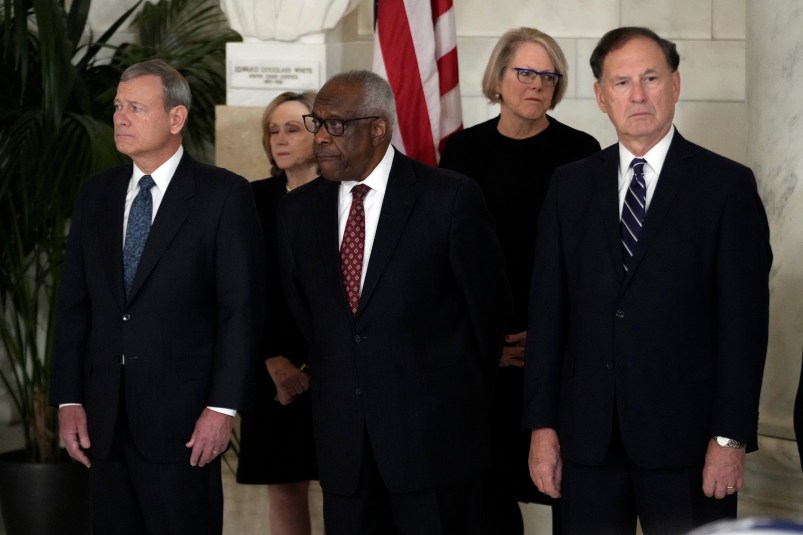From TPM Reader BA:
Speaking as a member of the library profession who interacts with the Library of Congress in various ways, I do not find this at all surprising. The Library of Congress (“LC” in librarian’s parlance) is a rather conservative, though non-partisan, establishment. They are nowhere near as concerned about or active in promoting free access to information as one might think or hope.
When it comes to maintaining and promoting the ethical standards of American librarianship, one turns to the American Library Association, not to LC. The ALA’s “Library Bill of Rights” http://www.ala.org/ala/issuesadvocacy/intfreedom/librarybill/index.cfm would seem to argue strongly against this kind of blocking of the public’s access to information. But, whatever it might say to the contrary, LC does not usually act as if it was bound by this professional credo.
I say this not to disparage the people who work for LC, who, in my experience at least, are as conscientious and concerned about the freedom of information as the ALA is. I imagine they are outraged by this decision as well. It has more to do with the organization itself, and its (potentially tenuous) position vis a vis Capitol Hill.
Despite what the public is generally led to believe, the Library of Congress is not really the “America’s public library.” It was established in the early 1800s as Congress’ library, and so it remains to this day. This is not to say that many, if not most, of their activities benefit the American public, or that they do not play a pivotal role in coordinating various library standards and practices on a national level. But whenever issues of librarianship become politically controversial – as in this case, or with respect to the PATRIOT Act – LC reverts to its underlying mission, which is to serve Congress, and by extension, the Federal Government.






